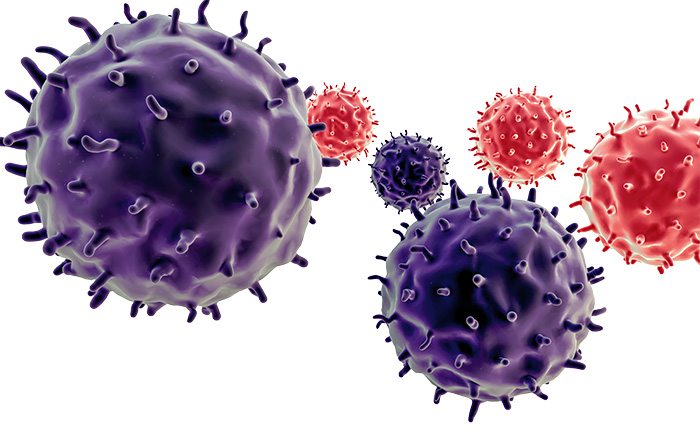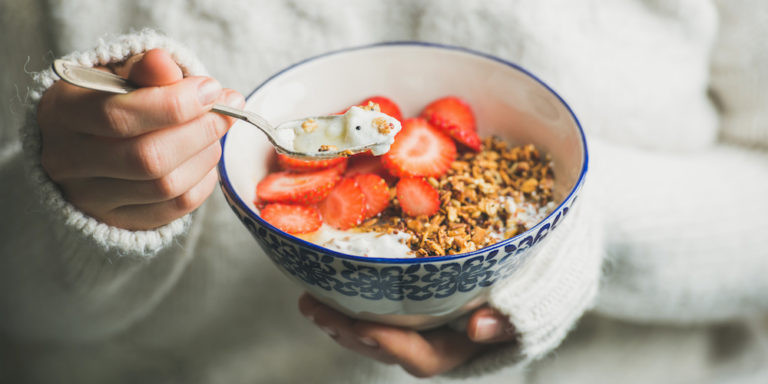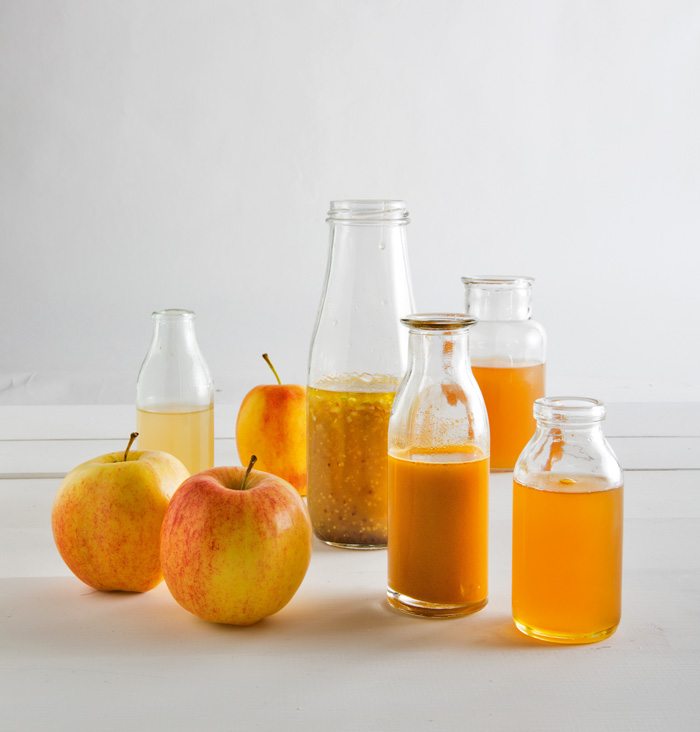First it was, “You are what you eat.” Now, scientists say, it should be “You are what your gut bacteria eat.” As the incidence of non-communicable diseases – such as obesity, diabetes, cancer and heart disease – rise worldwide, scientists are discovering the impact the 100 trillion bacteria in our gut can have on our health and how eating certain foods can help. On a basic level, there is an agreement that the foods we eat play a significant role in shaping overall health: the recipe for a healthy gut.
We are now beginning to understand that diet is the critical connection between the gut microbiota – non-human bacteria cells – and good health. The question that remains is: how do we exploit this connection to maximise lifelong health benefits?
Dr David Perlmutter, a neurologist and fellow of the American College of Nutrition, explains it simply: our Western diet is affecting our gut bacteria and making us unwell.
“Our Western cosmopolitan diet is extremely devoid of fibre, extremely high in sugar and carbohydrates and lacks the micronutrients needed, as well as good fat,” Perlmutter says.
“We have, over the past couple of decades, become fat-a-phobes: we are petrified of the notion of eating fat. Humans before that had always eaten a diet extremely high in fibre and high in fat, but in the past 30 years we were told to go no-fat or low-fat, so we have gone away from eating foods that we have been eating for as long as we have walked this planet.”
Perlmutter says we replaced healthy fats with carbohydrates, which meant more sugar, which “traumatises our gut bacteria and sets the stage for disaster in terms of disease”.
“The main thing that goes wrong in the human body, top to bottom, is inflammation – that is the process that underlies ageing, that underlies the degeneration of tissues and paves the way for things such as cancer, Alzheimer’s, coronary artery disease, diabetes, autoimmune conditions and so on.
“It turns out that the gatekeeper of inflammation is, in fact, the gut. And not just the gut itself but the actual lining of the gut.”
It is only in the past couple of decades scientists have fully realised the variety and number of microbiota in the human gut.
The International Human Microbiome Project, started in 2008, anticipated that most humans would have the same “microbiome signature”. This proved not to be the case and there is in fact a wide degree of variation, leading scientists to study the link between different types of microbiota and different levels of health.
Dr Liz Forbes-Blom, who heads up the Gut Immunology team at the Malaghan Institute of Medical Research in Wellington, says there is huge excitement in the research community about the potential for health advancements through gut health.
“We knew these microbes were there, but technology has allowed us to understand what microbes are there. It is technology a soil scientist developed to look at bacteria in soil and some very intelligent individuals worked out that we could use that to look at gut microbiota.
“Our gut microbiota are made up of microbes – there is approximately 100 trillion of them in an adult intestine. What they are goes right back to the start of the time. We now understand the impact they can have on a wide variety of physiological functions, not just in the gastrointestinal tract, and they are really important to health.
“The potential for new health treatments arising from the relatively recent appreciation of the trillions of non-human cells that live within our gut – our microbiota – is huge,” she says.
Forbes-Blom and her team, as well as international researchers, have shown in mice that different gut bacteria have an impact on the immune system and how it reacts to a vaccine, in this particular case the flu vaccine.
“When you are vaccinated, the idea is that you will make protective antibodies to protect yourself against the flu. We have shown that if you alter the microbiota [gut bacteria], you can alter the ability to make those protective antibodies.”
Now the group is undertaking an exploratory study on humans, their gut bacteria and their reaction to the flu vaccine.
“Is one type of microbiota associated with a reduced response to the flu vaccine? Or conversely, is a type of gut microbiota signature associated with a really high protective antibody response?” queries Foster-Blom.
Forbes-Blom expains that, if the exploratory study is successful, it is hoped there will be a full clinical trial to test functional food for the gut and its ability to impact the immune response.
It comes back to the fact food is one of the most beneficial and cost-effective ways of altering the immune system through the gut microbiota.
So what is functional food for the gut and how can we simply help out our bacteria?
Perlmutter says we need to increase the fibre intake in our diet but also look specifically at foods that contain high prebiotic fibre – which will nurture the bacteria. This includes food like Kim chi, Mexican yam, dandelion greens, onions, leeks and garlic.
Fermented foods – such as cultured yoghurt and fermented vegetables – also help.
“It comes back to the old adage ‘You are what you eat’,” Forbes-Blom says. “We have known that we have changed our diet and at the same time as we have seen this massive rise in non-communicable diseases.
“What you put in your gut matters. It is about having a proper diet and from that diet it is extending ‘You are what you eat’ to, ‘You are what your gut microbiota eat.’”







